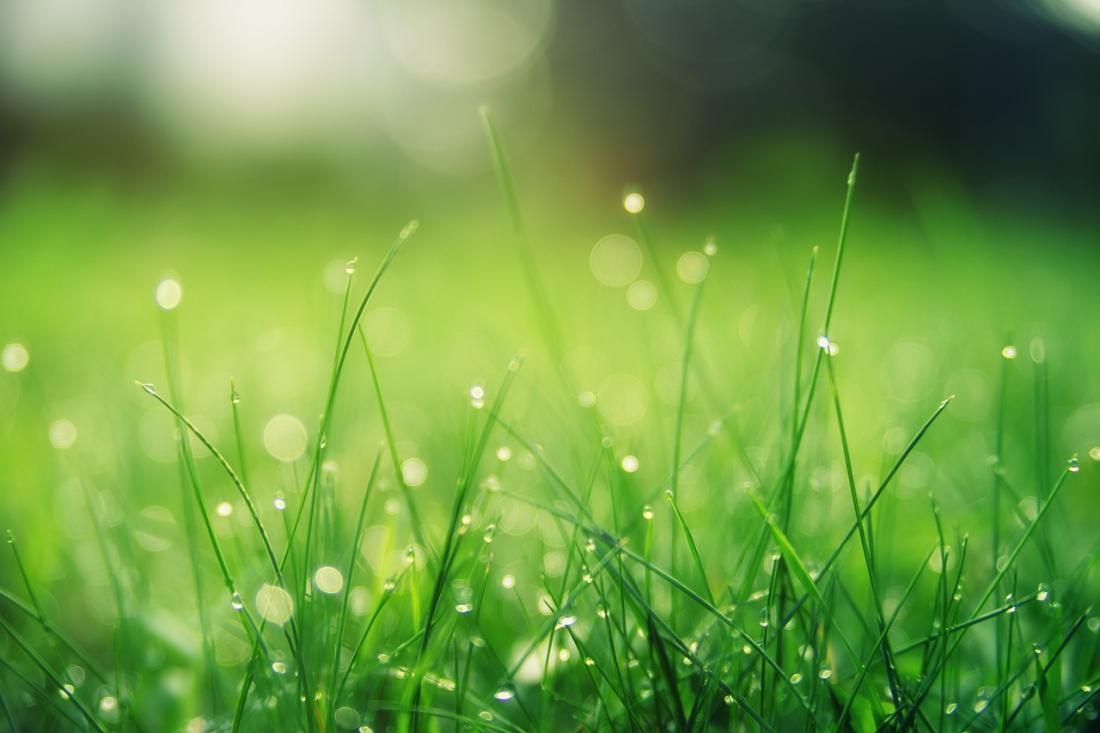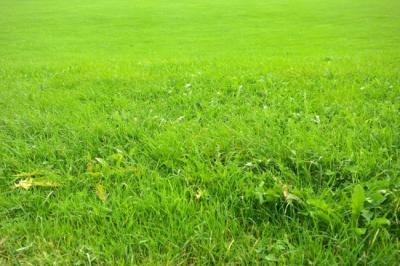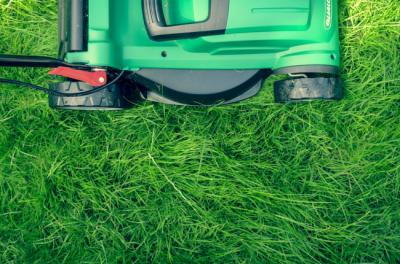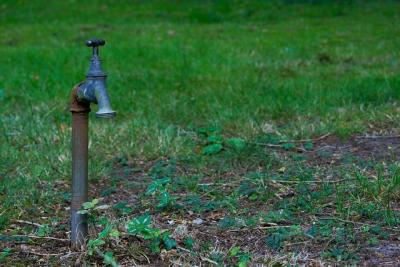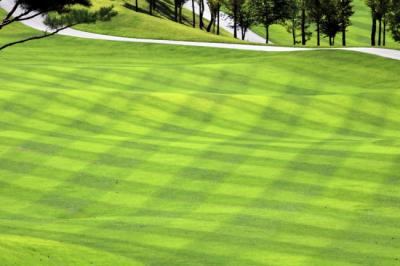Erosion is a natural process that can occur on any property with sloping terrain, but it can cause severe damage to your landscape if left unchecked. Erosion can wash away valuable topsoil, damage plant roots, and create unsightly gaps that can be dangerous to people and pets. Fortunately, there are many ways to control erosion, and one of the most effective is to use Zeon Zoysia grass.
In this blog, we will discuss the role of Zeon Zoysia grass in erosion control and why it is a sustainable solution for your property.
What is Zeon Zoysia Grass?
Zeon Zoysia grass is a warm-season grass that is highly resistant to diseases, insects, and drought. It is also known for its dark green color and dense, fine texture, which makes it ideal for use in lawns, golf courses, sports fields, and other landscaping applications. Zeon Zoysia Sod is minimal maintenance, requiring less water and fertilizer than many other types of grass, and it has a slow growth rate, which means it needs less mowing than other grasses.
However, when it comes to sourcing Zeon Zoysia Sod, you want to make sure you are getting the best product possible. At Atlanta Sod Farms, we carefully select and cultivate our sod to ensure it is healthy, disease-free, and ready to thrive on your property. If you would like to learn more about us, you may visit the link.
The Role of Zeon Zoysia Grass in Erosion Control
Zeon Zoysia grass is an excellent choice for erosion control because of its extensive root system. The root system of zoysia grass is deep and dense, which means it can hold soil in place and prevent erosion from occurring. In fact, the root system of zoysia grass can extend up to 6 feet deep and 12 feet wide, making it an ideal choice for stabilizing slopes and other areas prone to erosion.
Another benefit of Zeon Zoysia grass is its ability to absorb water. When it rains, the grass blades and root system function as a natural sponge, absorbing water and preventing runoff. This helps to keep the soil in place and prevent erosion from occurring.
Sustainable Solution for Your Property
Using Zeon Zoysia grass for erosion control is a sustainable solution for your property. Because of its limited maintenance requirements, zoysia grass requires less water, fertilizer, and pesticides than other types of grass. This means that you can have a beautiful lawn while reducing your impact on the environment.
In addition to its environmental benefits, using Zeon Zoysia grass for erosion control can also save you money. By preventing erosion from occurring, you can avoid costly repairs to your landscape, such as filling in gullies and regrading slopes. Additionally, because Zoysia grass requires less maintenance, you can save money on water bills, fertilizers, and other landscaping expenses.
Conclusion
In conclusion, Zeon Zoysia grass is an excellent choice for erosion control. Its deep and dense root system can hold soil in place and prevent erosion from occurring, while its ability to absorb water helps to prevent runoff. Using Zoysia grass for erosion control is also a sustainable solution for your property, as it requires less maintenance and can save you money on landscaping expenses. If you are looking for a solution to prevent erosion on your property, consider using Zeon Zoysia grass for a beautiful and sustainable landscape. So zeon zoysia grass is a sustainable and environmentally friendly lawn option.
For more information, refer to the FAQ section below:
Frequently Asked Questions:
How much does Zeon Zoysia Grass cost?
The cost of Zeon Zoysia grass can vary depending on the size of the area being covered and the supplier or installer. It is important to get multiple quotes and compare prices before making a decision.
How often does Zeon Zoysia Grass need to be watered?
Zeon Zoysia grass requires less water than other types of turf and can go several days without watering. However, it is important to water deeply when watering and avoid frequent shallow watering.


